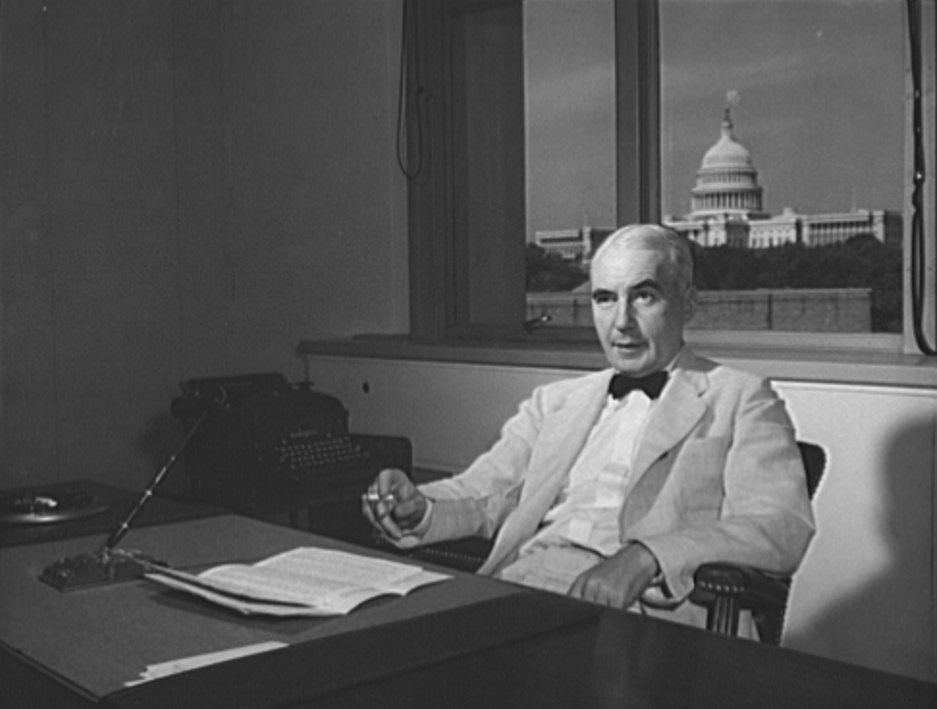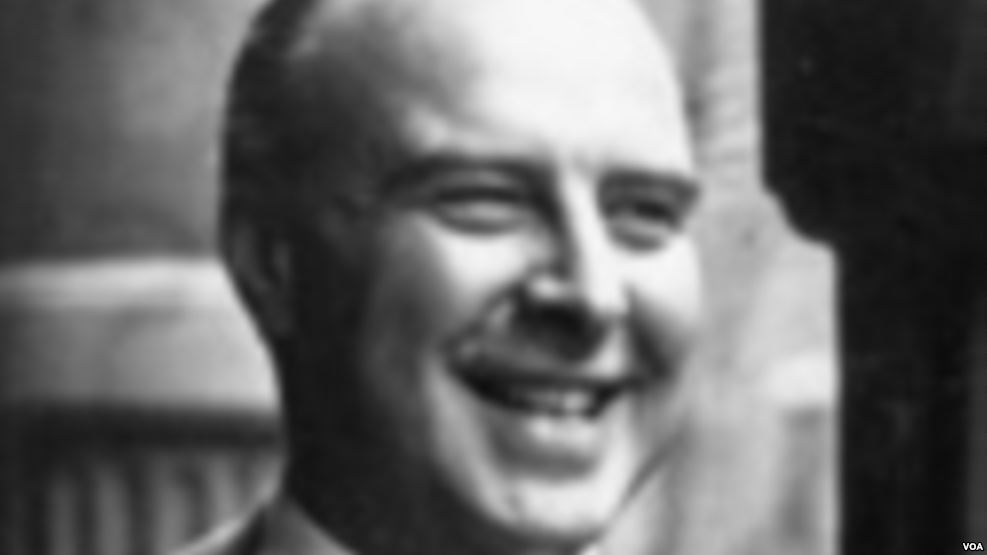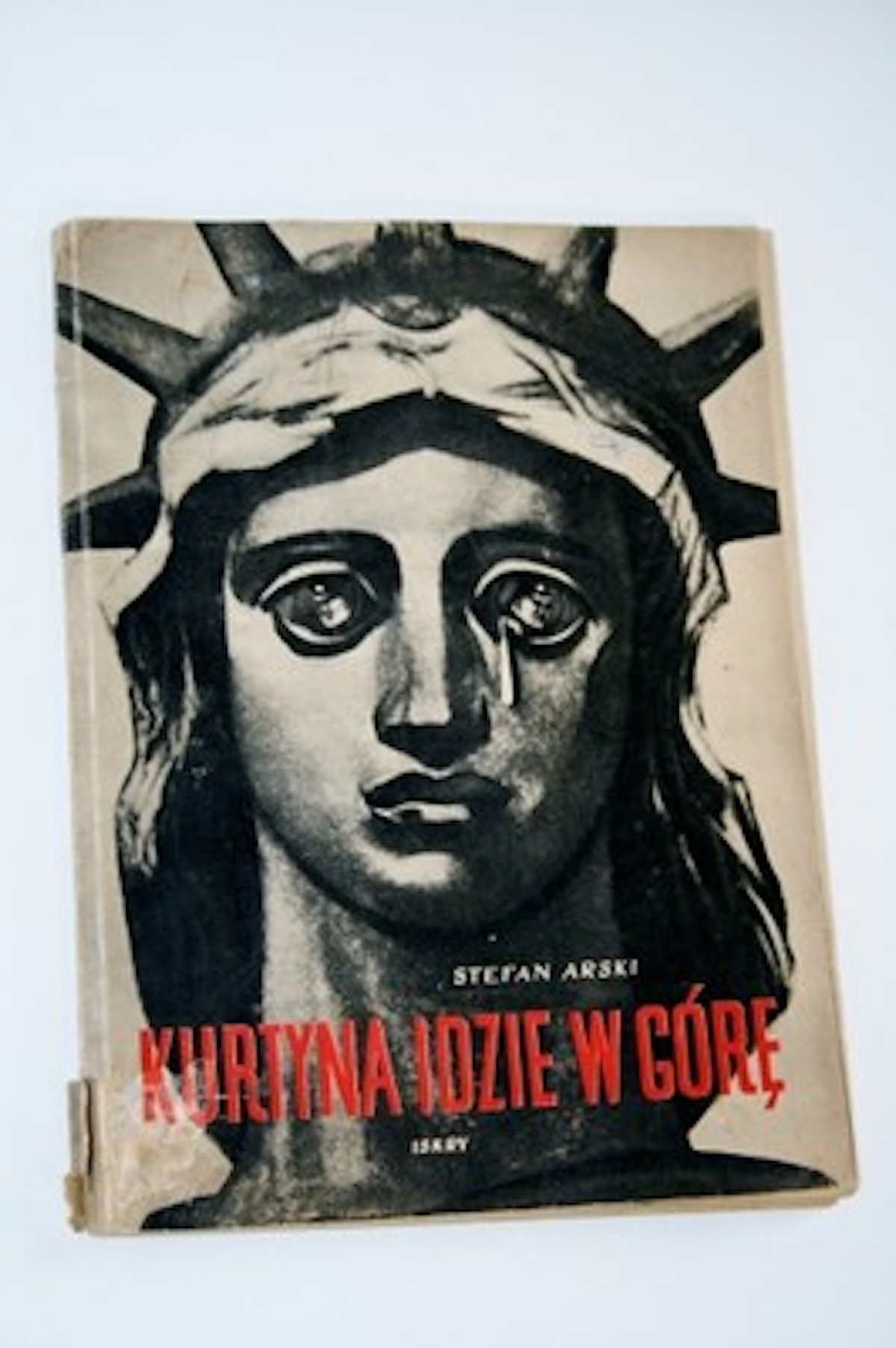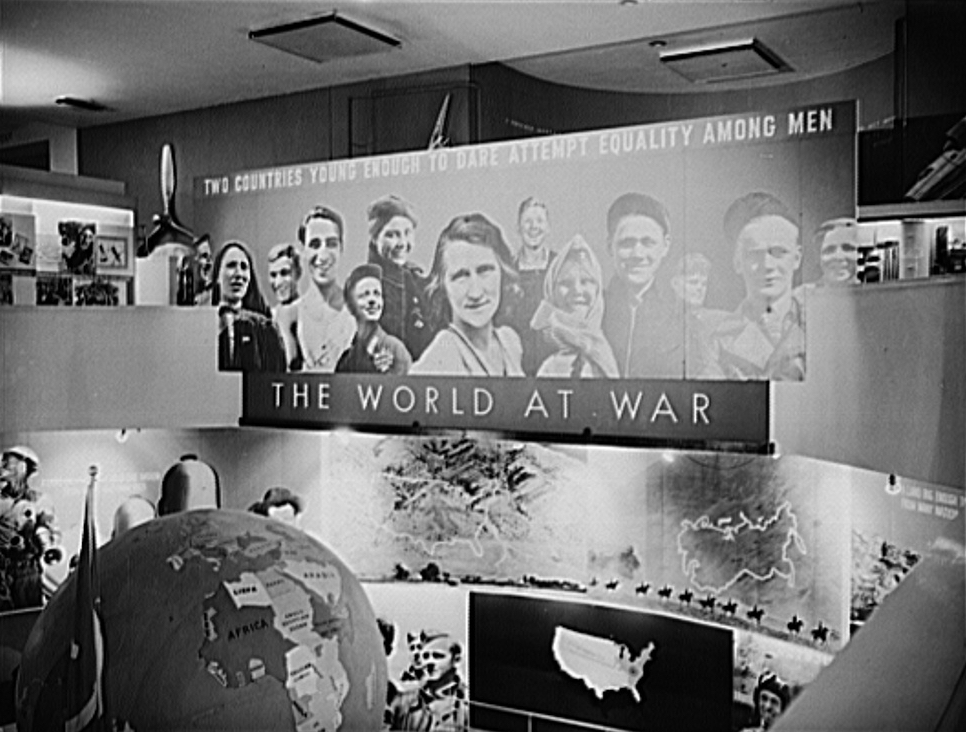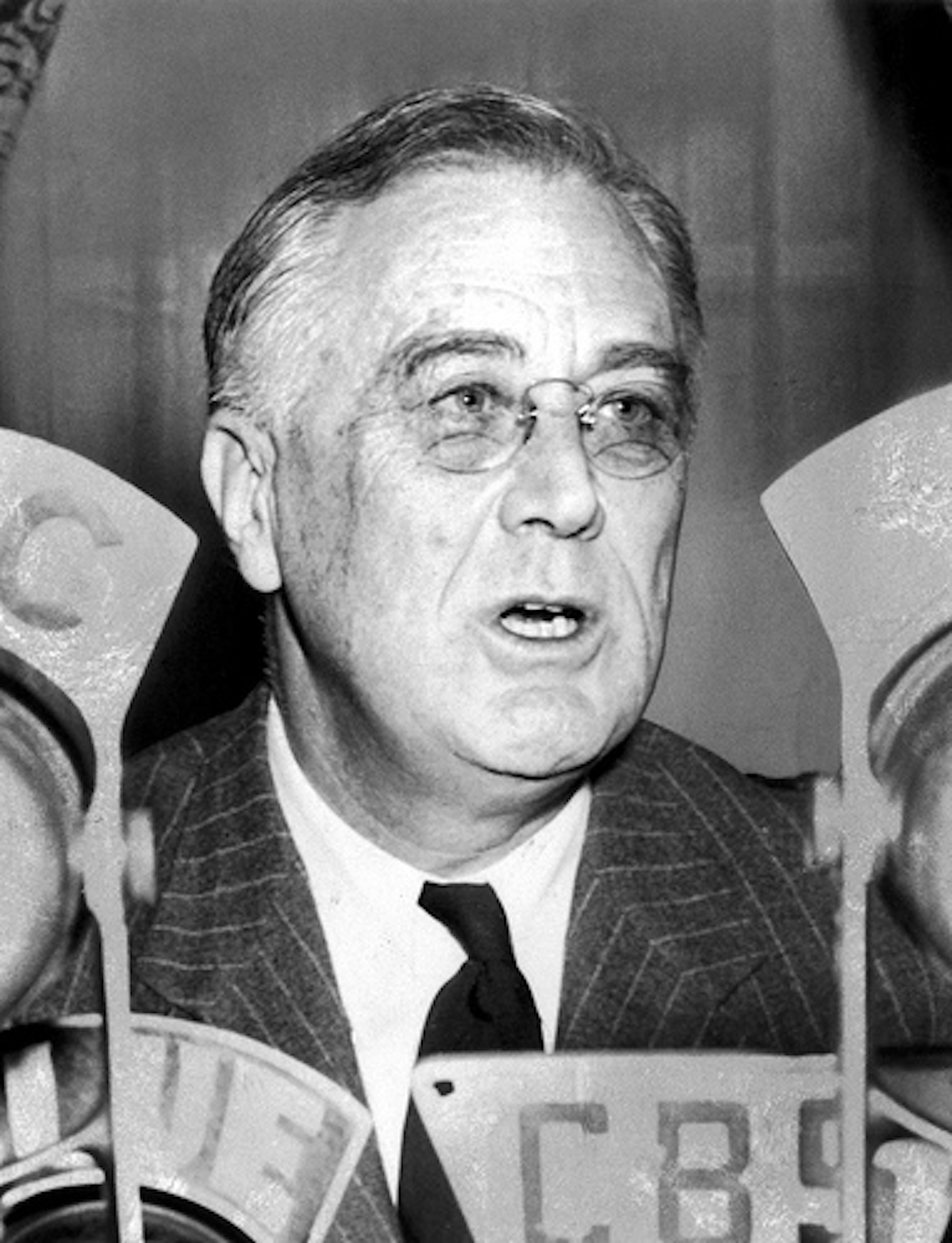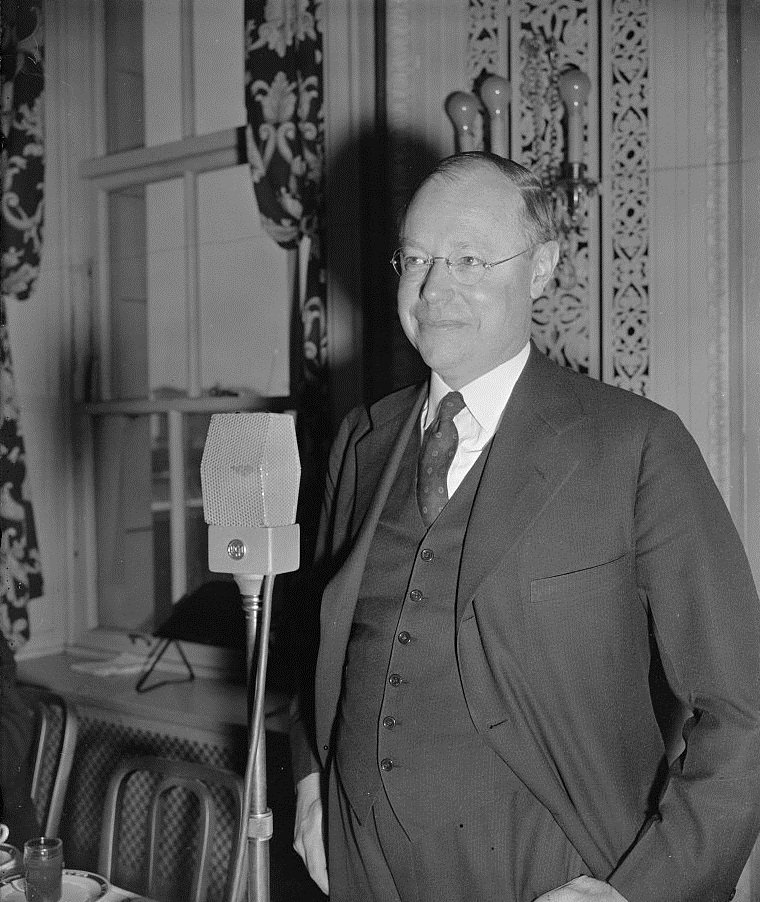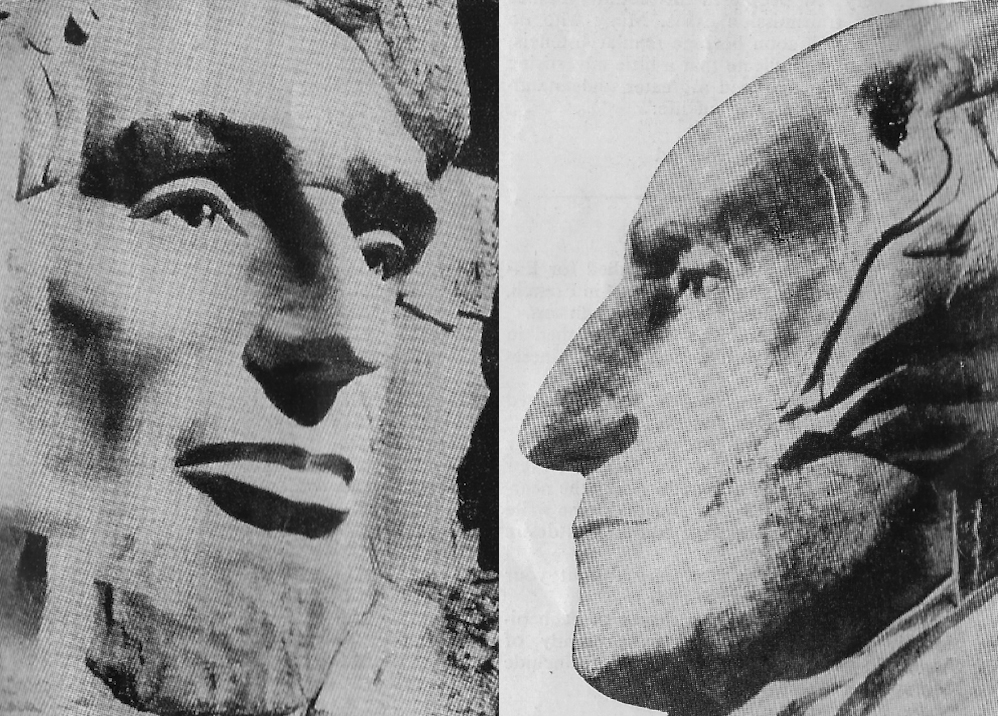Cold War Radio Museum Elmer Davis, Director, Office of War Information (OWI), Alfred T. Palmer, photographer. Part of: Farm Security Administration – Office of War Information Photograph Collection, Library of Congress Prints and Photographs...
Cold War Radio Museum April 1943 – State Department Warns White House of Soviet Influence at Voice of America May 4, 2018 Analysis by Ted Lipien for Cold War Radio Museum In 2018, the online Cold War Radio Museum presented for the first time to a...
Cold War Radio Museum On April 13, 1943, Nazi Germany’s propaganda machine announced the discovery of the graves containing the bodies of thousands of Polish prisoners of war in Soviet captivity who went missing in Russia in the spring of 1940...
Cold War Radio Museum Ted Lipien Polish socialist and communist activist and journalist Stefan Arski, aka Artur Salman, was among several communist agents of influence who had worked on Voice of America (VOA) radio programs during World War II while...
The World War II propaganda arm of the United States government, the Office of War Information (OWI), was the parent agency of the Voice of America (VOA). VOA was celebrating its 75th anniversary in February 2017. In this new historical series about...
OPINION Cold War Radio Museum How Voice of America Censored Solzhenitsyn Brief History of VOA’s Domestic Propaganda By Ted Lipien The Voice of America (VOA) was an easier target than Radio Free Europe (RFE) or Radio Liberty (RL) for U.S...
Cold War Radio Museum Could a foreign power such as Russia try to infiltrate the Voice of America (VOA) or influence its executives, broadcasters and programs? Could U.S. government-hired journalists and program contributors, acting on their own...
Cold War Radio Museum The Crusade for Freedom was the name of an advertising campaign designed to get Americans to contribute money to Radio Free Europe which broadcast radio programs in various languages to the captive nations behind the Iron...
Cold War Radio Museum In 1951, the Voice of America (VOA), which was at that time located in New York but managed from Washington by the State Department, was under heavily criticism, particularly from Republicans in the U.S. Congress, for failing...
Cold War Radio Museum In 1951, the Voice of America (VOA), which was at that time located primarily in New York but managed from Washington by the State Department, was under heavy criticism, particularly from Republicans in the U.S. Congress, for...


